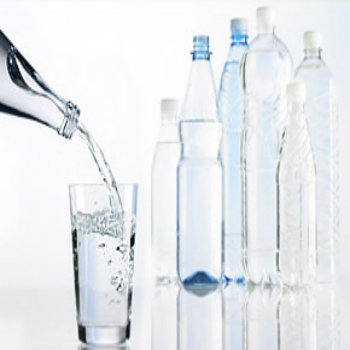Healthy Balanced Diet Plan

If you having any kind of concerns with your health then even before you go on to see a doctor, it is good to control your diet. This is because most of the times the reasons behind health problems are related with your diet. Even if you go to the doctor for treatment or advice there will always be some emphasis on the type of diet that you are taking. Instead of controlling your diet when it is too late and you have complains like stomach upsets and others, it is better that you do it now. The easiest way to control your diet is follow a proper diet plan that should mention the amount of nutrients your body requires on the daily basis and the sources from where you can obtain them.
Instructions
-
1
Basic body requirements
Before creating a diet plan, it is important that you should understand your body requirements. Normally there are seven basic nutrients that your body requires which include Fats, Proteins, Carbohydrates, Vitamins, Minerals, water and fibers. Make sure that the diet you are having should contain proper amount of these nutrients.
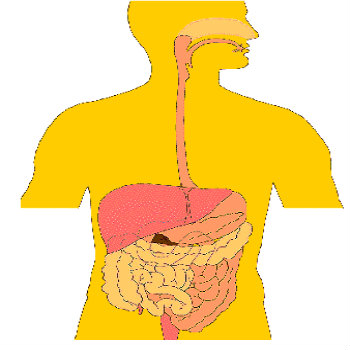
-
2
Fats
The fats in our body are responsible for providing energy to our body requires, which is more than the energy obtained from carbohydrates and proteins. Besides, the fats maintain body temperature along with hairs and skin, and protect the fundamental body organs. A balanced diet plan should contribute at least 30 percent or less of the total calorie intake required by the body.

-
3
Proteins
These are actually made of amino acids and help in forming the antibodies to fight infections. Besides, proteins also form part of hormones and enzymes, which is responsible for muscle building and repairing damaged body tissues. The standard requirement for protein is 0.8 grams per every kilogram of your body, which makes around 13% of the entire calorie intake. It can be obtained from meat, fish, chicken, eggs, and dairy products.
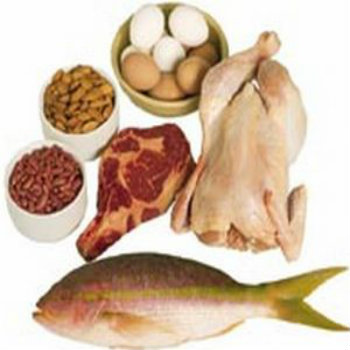
-
4
Carbohydrates
These are responsible for building energy and breaking down the proteins. They protect the body from toxins and dehydration and can be obtained from fruits, vegetables, and grains. The body requirement for carbohydrates is 57% of the total calorie intake.
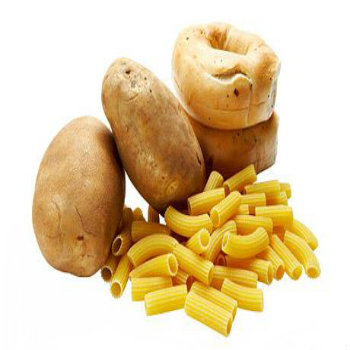
-
5
Vitamins
Vitamins are chemicals needed by the body for processing nutrients and regulation of nervous system. Besides, they help in building genetic material and are building blocks for red blood cells, proteins, and body hormones. They can be obtained from vegetables, fruits, fish, chicken, meat, eggs, and other dairy products. The vitamin requirement is proportional to the daily calorie intake i.e. for 3000 calories the requirement is 50%.

-
6
Minerals
These are inorganic substances that are required by the body to maintain a healthy posture altogether. Minerals promote formation of teeth, bones, and blood cells as well as control body fluids take part in the various chemical reactions in the body. Some of the major minerals include calcium, magnesium, chloride, phosphorus, sulphur, sodium, and potassium. A diet plan should contain at least 100 mg of these minerals daily. Besides, there are some other minerals that are required in very small amounts and they include copper, cobalt, fluoride, iodine, iron, manganese, molybdenum, selenium, and zinc.
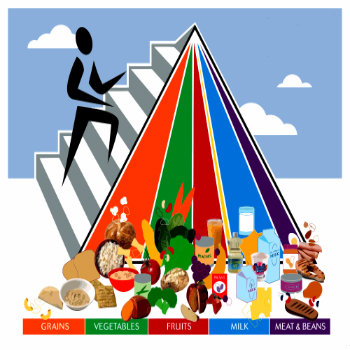
-
7
Water
A human body is composed of about 50 to 75% of water. The water has a number of tasks as it cleans our body thus keeping the skin, organs, and hair in a healthy shape. Besides, it also controls the body temperature and produces certain digestive enzymes along with collecting nutrients from food and liquids. Irrespective of the diet plan, one should drink at least eight glasses of water a day for a good health.
